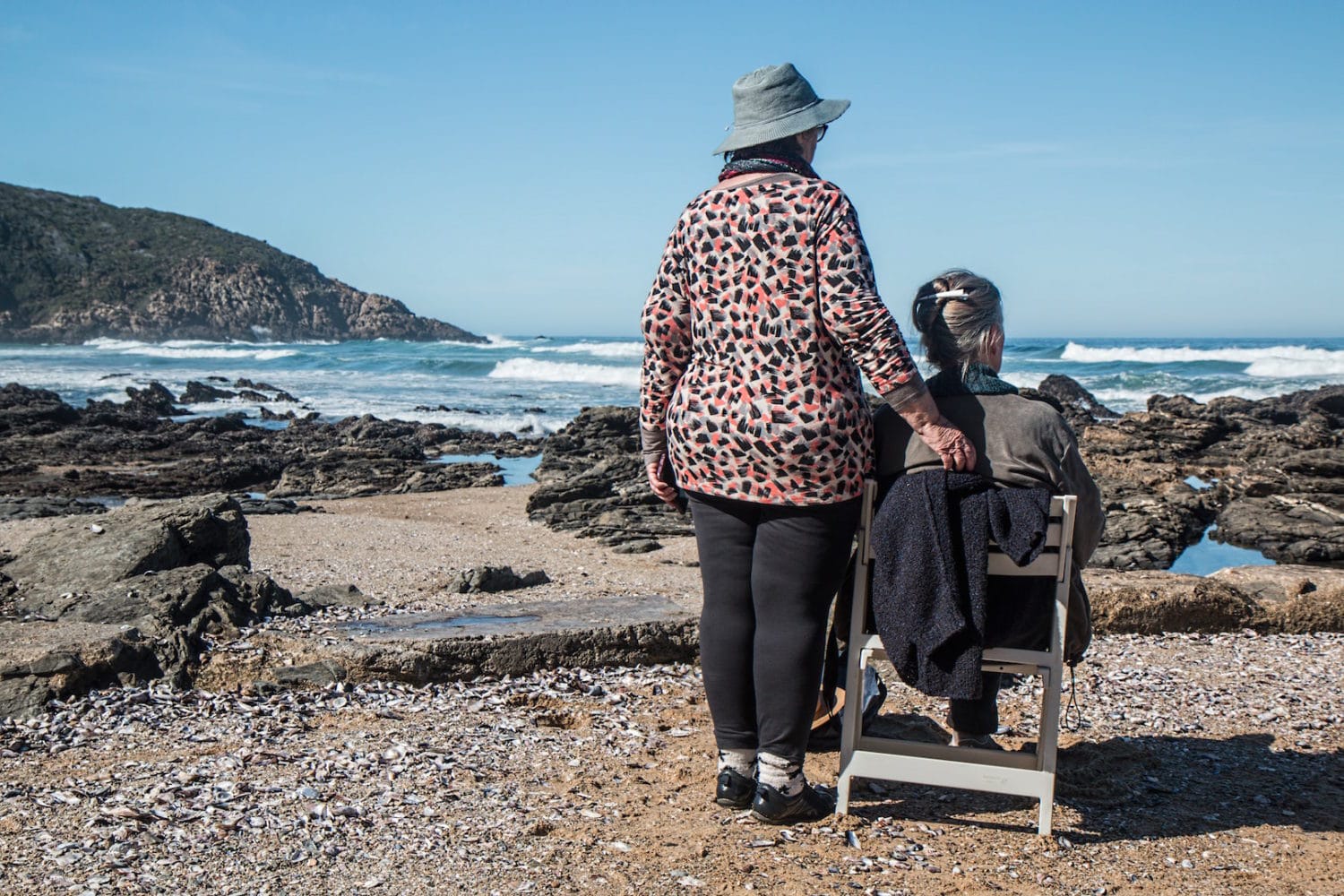Going beyond the conversation of asking if someone is OK, is a difficult step to take. It takes a bundle of courage to simply ask, “are you okay?” However, it takes a stack of bravery to go a step further and genuinely help someone who isn’t okay.
Initially when asking if someone is okay, people tend to frame the question in a manner that encourages a positive response rather than a genuine response. This includes, “you’re okay, right?” or “you’re okay, aren’t you?”. This positive framing occurs as we are actually unsure about how to respond and help if the answer is ‘no’. However, this isn’t really helping your friend but instead is emphasising the stigma around not addressing or discussing mental illness.
Thus, read these tips below to keep in mind when helping someone who isn’t OK.
Tips when Helping Someone who isn’t OK:
TALK it out with Them
Encourage them to express and articulate how they are feeling, which is best done through an open conversation, allowing them to freely express their thoughts. This open conversation makes the person feel more comfortable, where in turn they will be more willing to open up to you.
LISTEN and CARE
Through the simple acts of actively listening and caring, real connections and relationships will be formed where its critical in today’s fast-paced, changing world. Listening can be helpful even without any actions as it can be a major relief for someone who is going through a tough time to talk about it.
Ask QUESTIONS
Taking the approach of asking questions rather than providing answers and opinions will be of great benefit to the person not feeling okay. This allows them to share their thoughts, concerns and feelings freely, without judgement, making them feel heard and less alone in this situation. In the end, developing a solution does not lie with the helper, but generally is the most effective when its developed by the person themselves.
Ask how YOU can ASSIST Them
This begins with you letting them know that you are there for them and will support them through it all. Offer them your assistance whenever they require it but allowing them to choose the time and type of help. Don’t smother them, but some people need space and time before they are willing to accept help.
Suggest SELF-HELP Strategies

Putting time a side for self-care is vital for your mental health. As a friend you can suggest these strategies and even offer to do them together. These include, exercise, healthy eating, journal writing, relaxation or whatever activities you find enjoyable. However, do NOT force these activities on to the person but suggest them kindly and allow them to do it on their own accord.
Suggest FURTHER Help
Sometimes, just talking and suggesting self-help strategies isn’t enough, which is totally alright. There are many professionals and professional services available that can further assist individuals. As a friend you can check if they are connected to a professional support service or network. This is particularly critical as these people need to know they are not alone but there is further support available. Lifeline is a 24-hour support service or in an emergency call 000. Additionally, directing them to support networks gives them the opportunity to read about other people who have gone through a tough patch to hopefully reduce their feelings of loneliness as well as providing them hope for the future.
Consider your Own Mental Health…
Supporting a friend or a family member through a tough time can be difficult and draining on yourself. It’s essential that throughout, you consider your own mental health and well-being. This encompasses constantly checking up on your state of well-being, assessing your own mind set and ensuring you look after yourself and your needs. If at any time you feel overwhelmed, depressed, highly stressed or drained, you should consider seeking help and support from either a close friend, family or a professional support network.
Therefore, remember a conversation could drastically change or even save a life. The simple gesture of asking if ‘you’re okay?’ is the first step to helping. This next step is the one that REALLY makes the difference, the step of helping.




